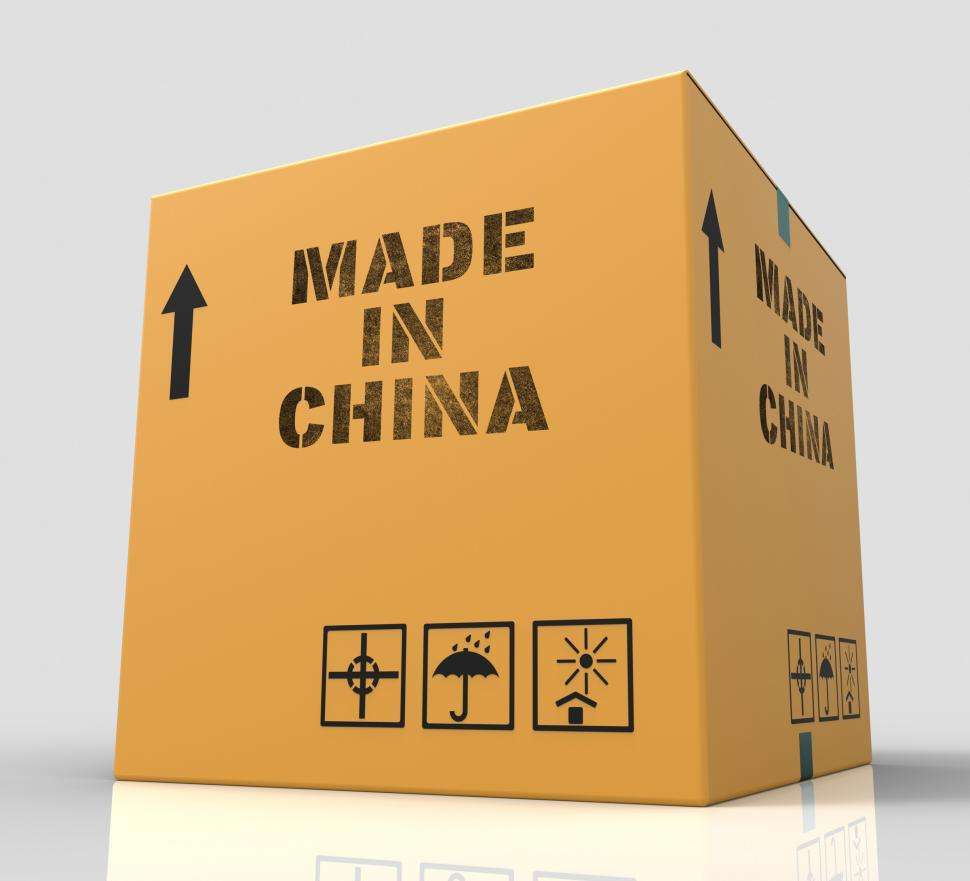China asserts its pivotal role in global supply chains, defying de-risking trends in the West. Insights into China’s stance and global dynamics.
China’s Position on Supply Chain Decoupling
China, the world’s second-largest economy, faces a pivotal moment in global supply chains due to geopolitical shifts and the rising trend of supply chain decoupling. While the United States and the European Union express intentions to reduce dependence on China, particularly in strategic sectors, China remains resolute against protectionism. Premier Li Qiang, speaking at the China International Supply Chain Expo, underlined China’s willingness to forge closer production and industrial supply chain partnerships with all nations. This commitment coincides with an intense focus on the integrity and resilience of global supply chains.
The U.S. and EU’s Strategic Shift: Moving Away from China
The U.S. and EU’s strategic shift towards “de-risking” their supply chains signifies a substantial departure from their reliance on China. This shift, driven by concerns over geopolitical tensions, such as the Ukraine conflict and uncertainties surrounding Taiwan, aims to mitigate risks tied to excessive dependence on a single nation. It is characterized by increased investments in alternative markets like India, Mexico, and Vietnam, perceived to have stronger ties with the West. Known as the “China-plus-one” diversification strategy, this approach underscores Western nations’ growing awareness of the need to balance efficiency with security in their supply chain networks.
Impact of Geopolitical Tensions on Global Supply Chains
The interplay between geopolitics and global supply chains is increasingly evident. Notably, Russia’s conflict in Ukraine and the potential for Taiwan-related tensions have not only impacted international relations but have also caused significant shifts in global supply chain dynamics. Many foreign businesses have reevaluated their supply chain strategies in response to these tensions, opting to diversify away from China. While this realignment aims to reduce vulnerabilities, it has also triggered discussions about the future of globalization and the balance between global interconnectedness and national security interests.
China’s Response and Efforts to Sustain Global Supply Chain Integration
In response to these global shifts, China has proactively worked to maintain its position as a key player in the global supply chain. The recent expo organized by the China Council for the Promotion of International Trade exemplifies Beijing’s commitment to attracting foreign investment and showcasing its capabilities as a manufacturing and supply chain hub. Despite reduced U.S. and European investment, China continues to lure firms looking to expand their supply chain operations. This underscores that while the landscape of global trade evolves, China’s role remains substantial and influential.
The Future of U.S.-China Supply Chain Relations: Opportunities and Challenges
The future of U.S.-China supply chain relations stands at a critical juncture. Recent developments, including the meeting between Chinese President Xi Jinping and U.S. President Joe Biden, hint at a potential thawing of tensions and reaffirmation of China’s manufacturing prowess. However, the road ahead is fraught with challenges. Achieving a balance between national security concerns and the efficiency of a globalized supply chain demands nuanced strategies and diplomatic finesse. The evolving landscape presents both countries with opportunities to redefine their roles in the global economy while addressing the complexities of an interconnected world.







